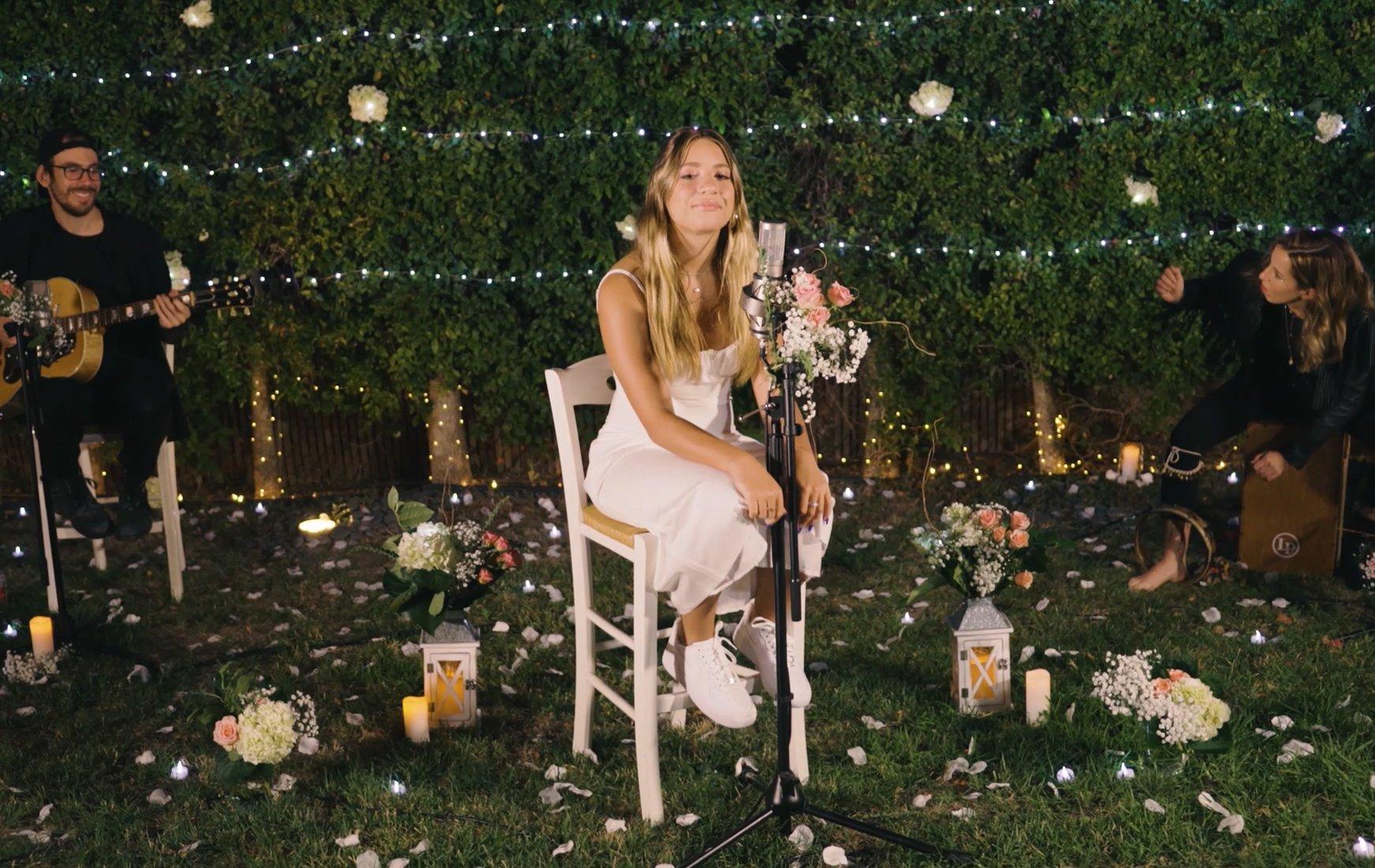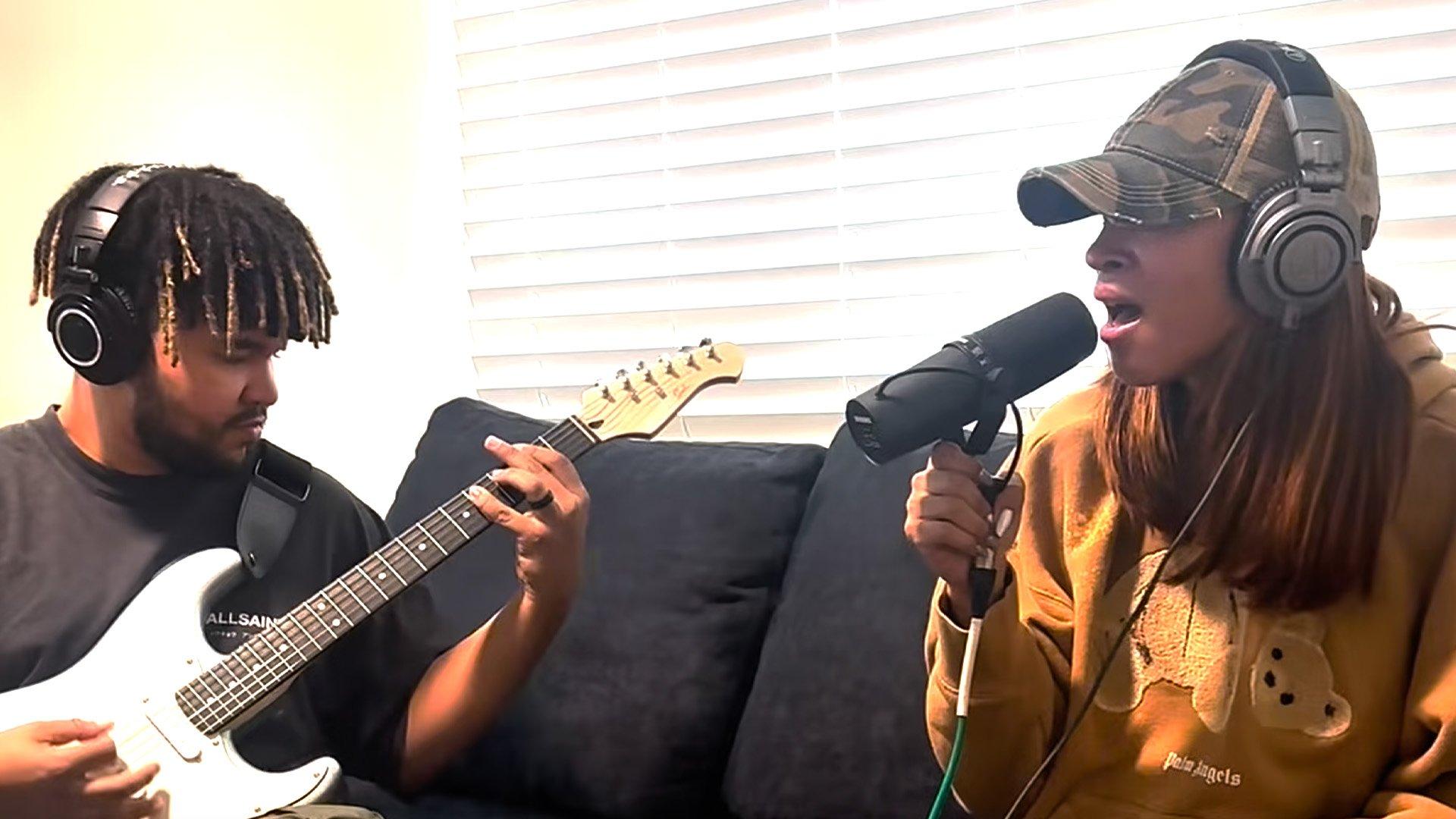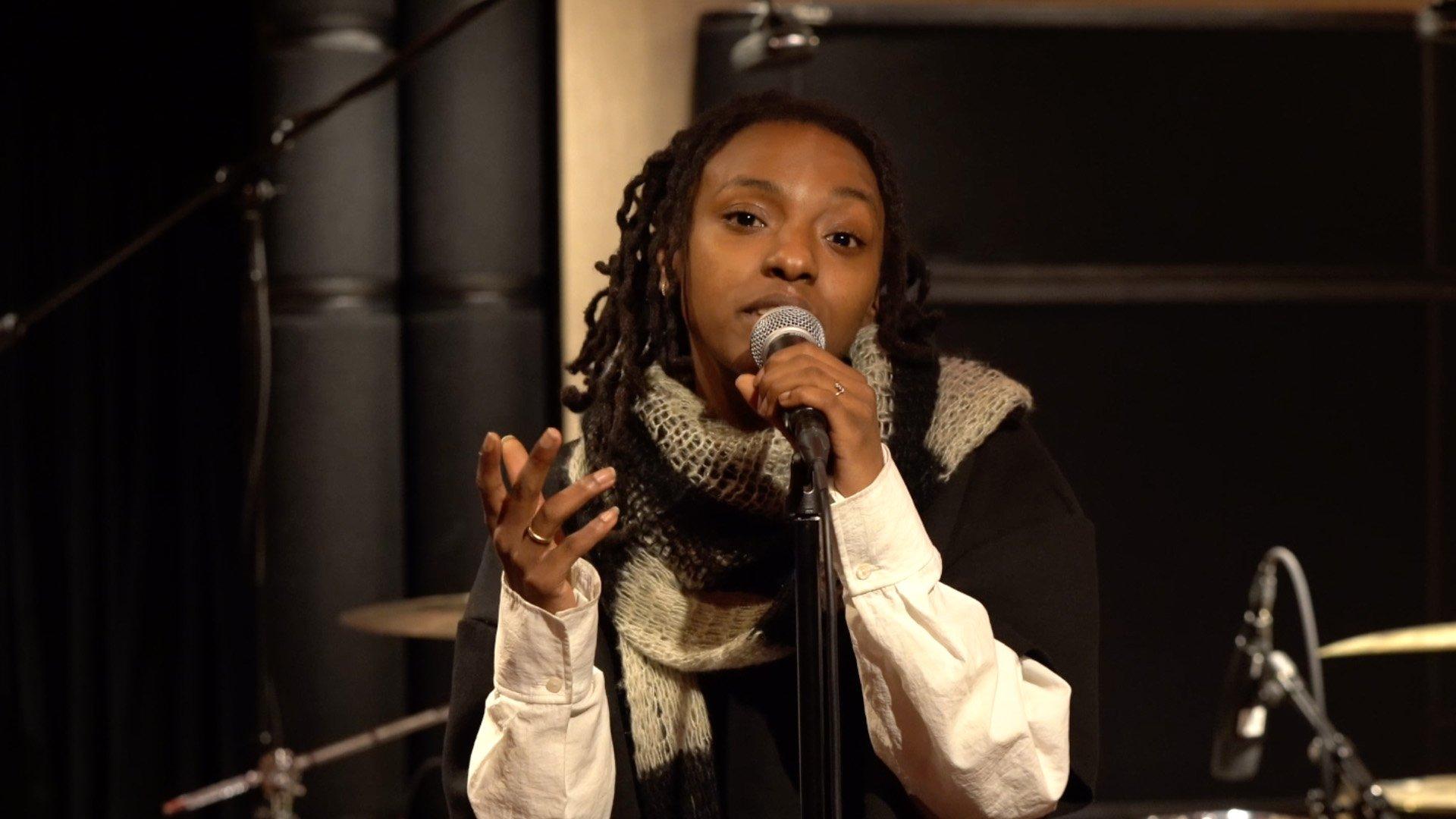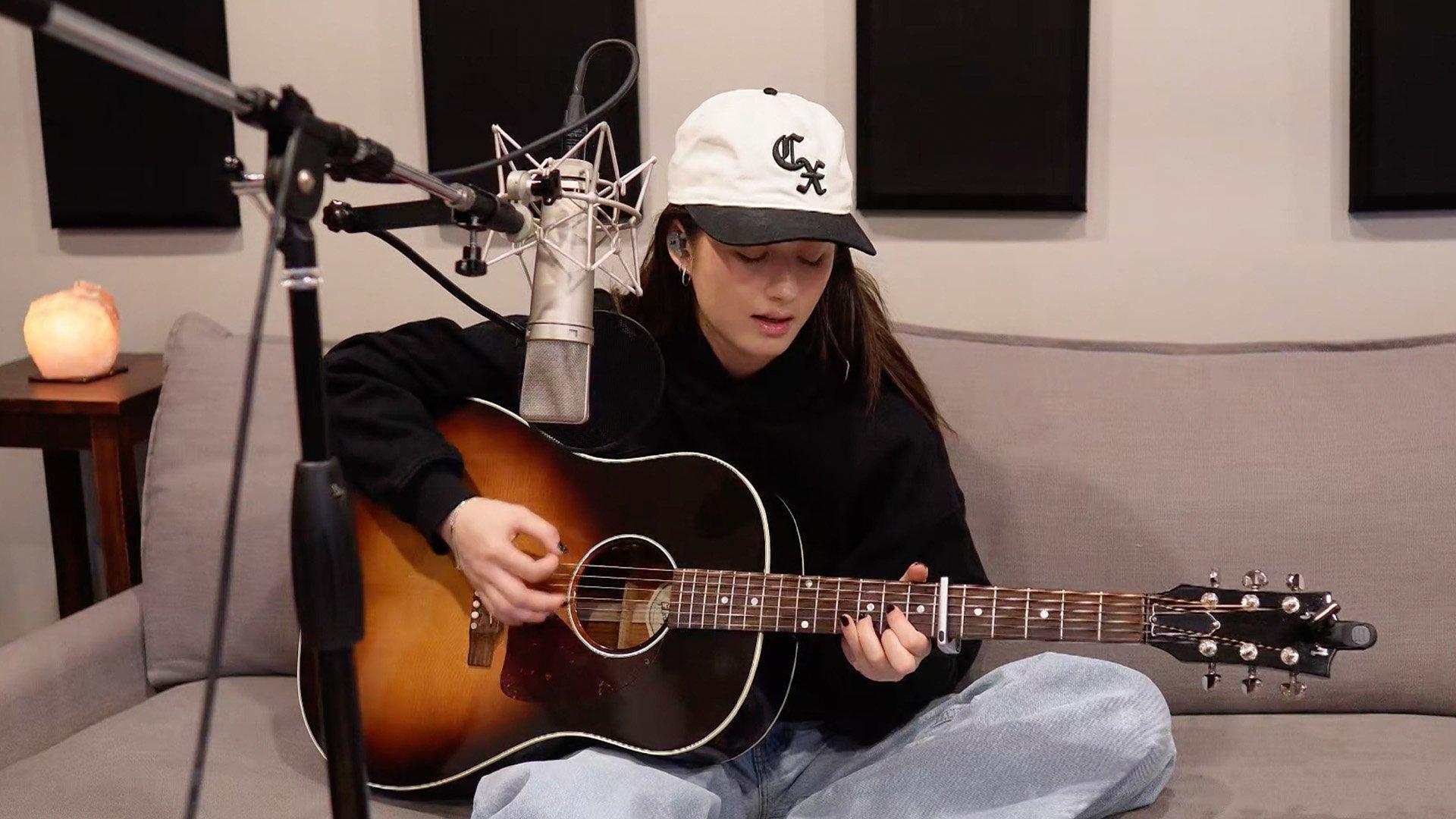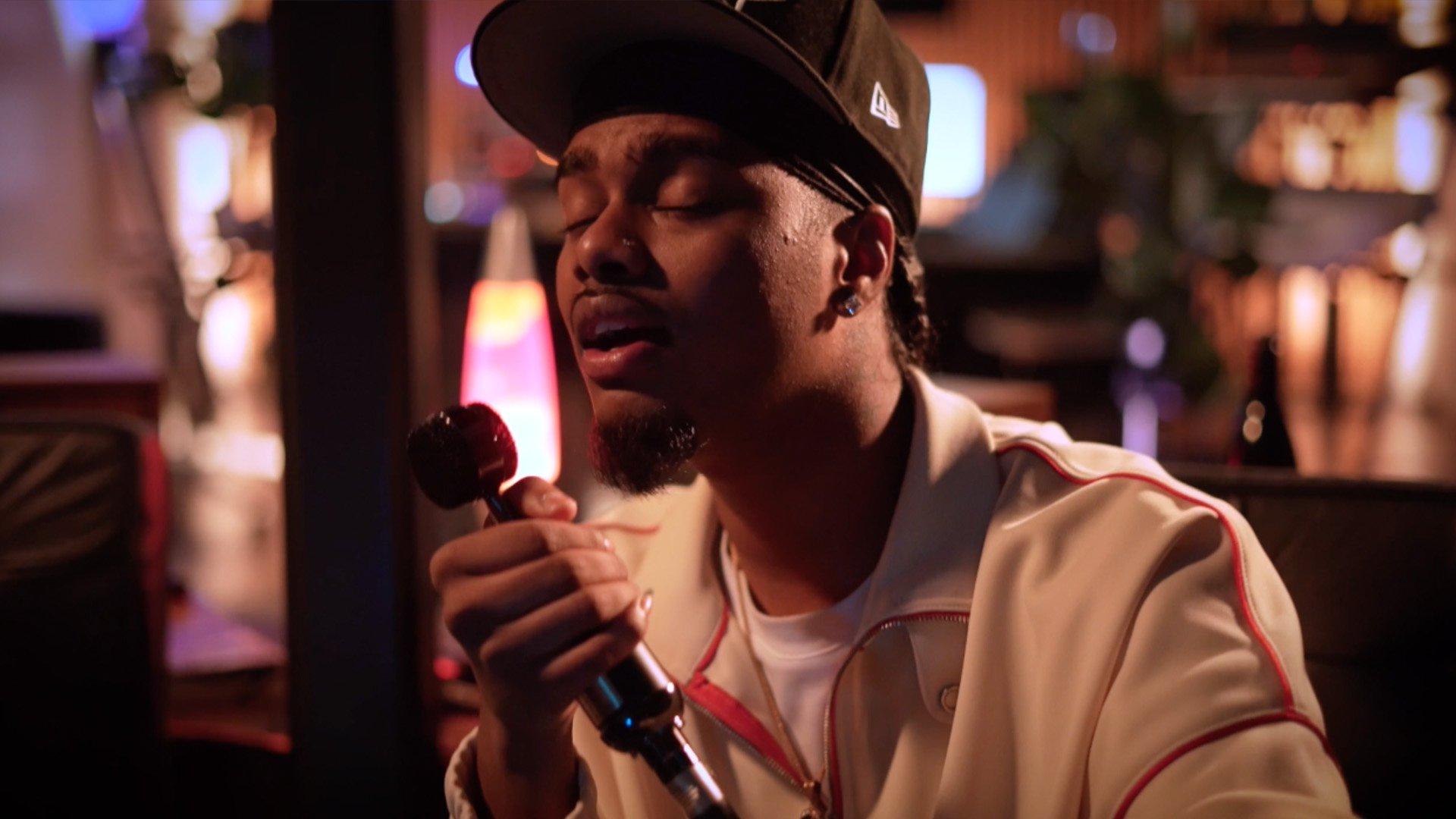"In such challenging times, we wanted to create an up-tempo song that lets people relax, take a deep breath, have fun and exhale," says Pittsburgh, Pa., native Kenzie about her aptly titled song "Exhale."
In the latest edition of Press Play At Home, Kenzie performs a stripped down version of "Exhale," which was produced by Ojivolta and the Monsters & Strangerz and features nine-time GRAMMY nominee Sia.
As an influential rising Gen Z star with a still-blossoming music career she counts her collaboration with Sia on the song as a major accomplishiment. Kenzie cites Sia as one of her musical mentors along with Billie Eilish and Lennon Stella,
Watch her perform "Exhale" from home in the latest edition of Press Play, and keep your eyes and ears open for Kenzie's new EP, which is set to be released soon.

